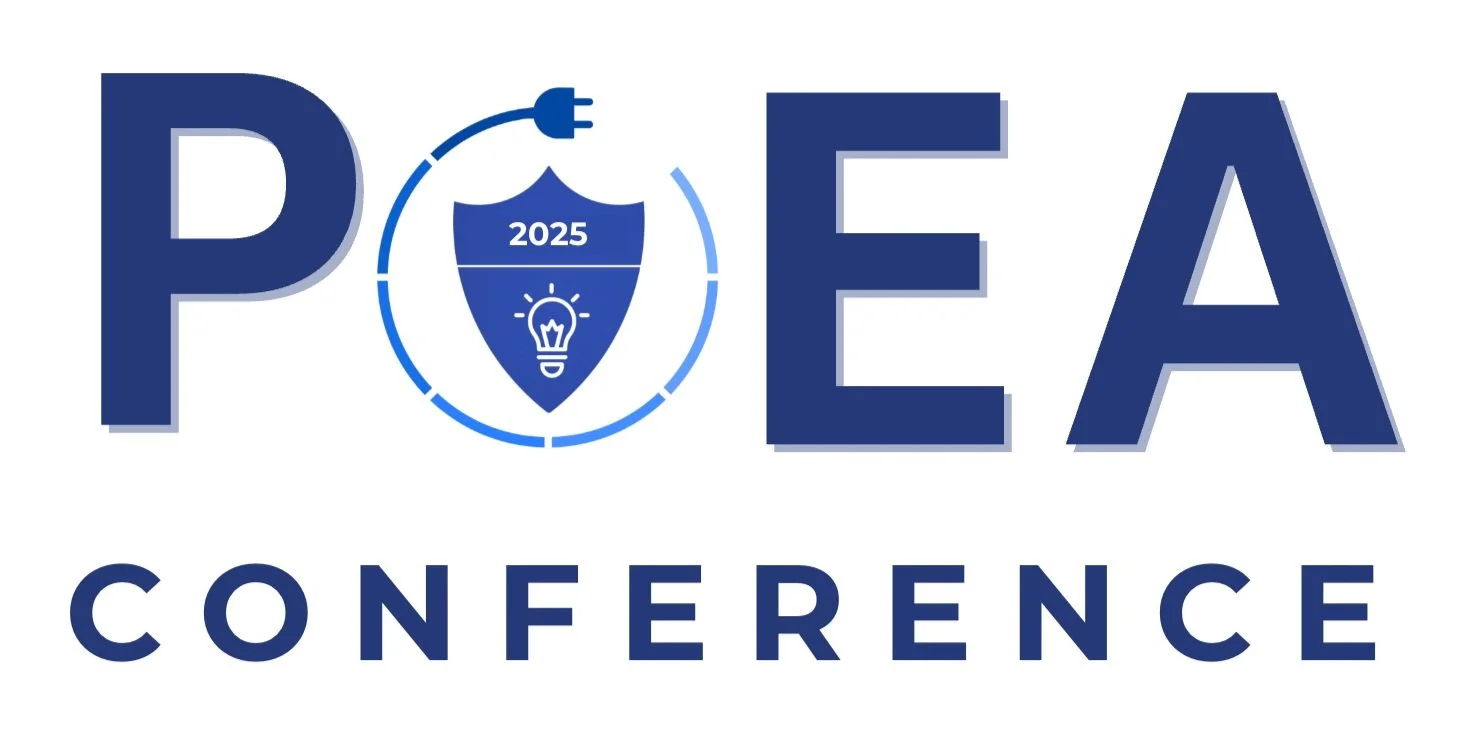Robert Socolow
Professor Emeritus in the Department of Mechanical and Aerospace Engineering at Princeton University
Robert Socolow is professor emeritus in the Department of Mechanical and Aerospace Engineering at Princeton University. Rob earned his Ph.D. from Harvard University in theoretical high-energy physics in 1964 and joined the Princeton University faculty in 1971 with the assignment of inventing interdisciplinary environmental research. Rob works mostly on climate change solutions. His interests include raising the level of ambition of the world’s global climate research in the natural sciences, encouraging technological “leapfrogging” by developing countries, stimulating the deployment of carbon dioxide capture during fossil fuel use, and anticipating the dangers of climate-change “solutions” – notably nuclear weapons proliferation and misuse of land.
Rob is particularly well known for his paper with Steve Pacala: "Stabilization Wedges: Solving the Climate Problem for the Next 50 Years with Current Technologies" (Science, 2004), which raised awareness that climate change mitigation could already be pursued aggressively.
Rob is a co-winner of the 2023 John Scott Award, the oldest science prize in the U.S. He is a member of the American Academy of Arts and Sciences, an associate of the National Research Council of the National Academies, a fellow of the American Physical Society, and a fellow of the American Association for the Advancement of Science. He was the editor of the Annual Review of Energy and the Environment from 1992 to 2002.
Rob currently serves on the Science and Security Board of the Bulletin of the Atomic Scientists and on the National Academies Advisory Committee to the U.S. Global Change Research Program.

